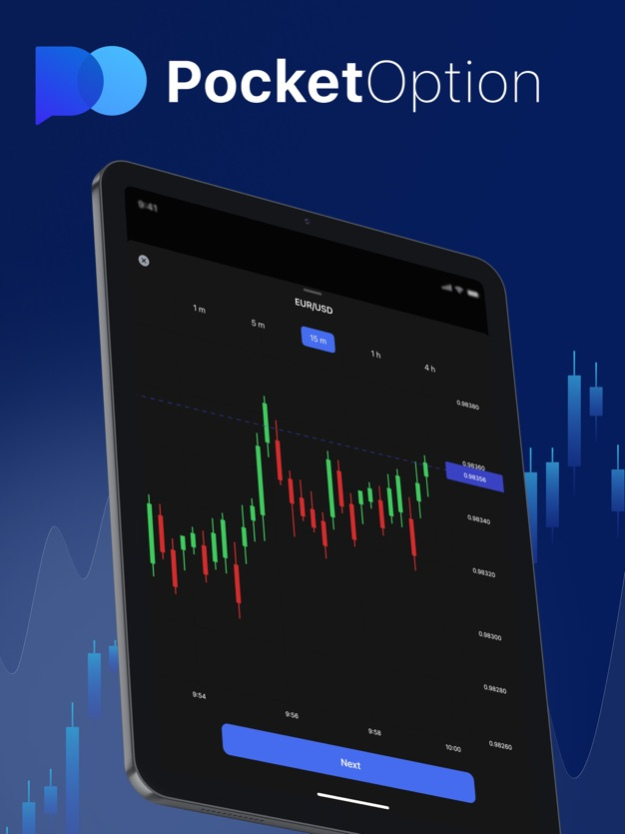
When engaging in trading activities, it is crucial to understand the role of taxes and the required tax documents for platforms like pocket option tax documents Pocket Option DE. As an online trading platform, Pocket Option enables traders to invest in various assets, including forex, cryptocurrencies, and indices. However, with trading comes the responsibility of reporting earnings to tax authorities. This article will provide an overview of Pocket Option tax documents, their importance, and how to manage your taxes effectively as a trader.
Understanding Pocket Option and Tax Obligations
Pocket Option is a well-known trading platform that allows users to trade binary options. While enjoying the benefits of online trading, users must also navigate the complexities of tax regulations. Taxes on trading income can vary significantly depending on your country of residence and the amount of profit you earn. In many jurisdictions, income earned from trading is considered taxable, which means keeping accurate records and obtaining the necessary documents is essential.
The Importance of Tax Documents
When you trade on Pocket Option, you earn profits, which are taxable income in most countries. The importance of tax documents cannot be overstated. They serve several key purposes:
- Record Keeping: Tax documents help you maintain accurate records of your trading activities, including profits, losses, and other relevant financial information.
- Tax Reporting: These documents are necessary for filing your tax returns, allowing you to report your earnings to your country’s tax authority accurately.
- Audit Protection: Having comprehensive tax documentation can protect you in case of audits by tax authorities, proving that your reported income is accurate.
Types of Tax Documents You Need
When using Pocket Option or any trading platform, specific tax documents are critical to ensure compliance with regulations. Here are some essential tax documents you should gather:
1. Trading History Statements
Your trading history statement provides a detailed account of your trading activities over a specified period. This document includes information on your trades, including dates, amounts, profits, and losses. It serves as the backbone for reporting your earnings accurately.

2. Profit and Loss Statements
Profit and loss statements summarize your overall financial performance for a given period. They are useful for assessing your trading success and will be crucial for calculating your taxable income.
3. Withdrawal and Deposit Records
Maintaining records of all deposits and withdrawals from your Pocket Option account is vital. This information helps clarify the flow of funds and can impact your tax liabilities. Ensure you keep track of the amounts and dates for accurate reporting.
4. Tax Forms
Depending on your country, you may need specific tax forms to report your trading income. For example, in the United States, traders may need to file Schedule D and Form 8949 as part of their tax returns. Familiarize yourself with the tax requirements in your jurisdiction to ensure compliance.
How to Obtain Your Tax Documents from Pocket Option
Acquiring your tax documents from Pocket Option is a straightforward process. Follow these steps:
- Log Into Your Account: Begin by logging into your Pocket Option account using your credentials.
- Access the Reports Section: Navigate to the reports or account section where you can view your trading history and statements.
- Download Required Documents: Look for options to download your trading history, profit and loss statements, and other necessary documents in a suitable format (typically PDF or CSV).
- Compile Your Records: Organize the downloaded documents in a secure location for easy access during tax season.
Working with Tax Professionals
While managing your tax documents is essential, working with a tax professional can significantly ease the process. Tax experts can provide valuable insights and assistance in various areas:
- Tax Planning: A tax professional can help you develop a tax strategy to minimize your tax liability from trading activities.
- Accurate Reporting: They ensure that you report your trading income accurately, preventing any issues with tax authorities.
- Maximizing Deductions: Tax professionals can help identify potential deductions or credits available to you as a trader.

Key Tax Considerations for Traders
As a trader on Pocket Option, keeping the following key tax considerations in mind can help you remain compliant:
1. Capital Gains Tax
Many countries impose capital gains tax on profits earned from trading. This tax rate may vary based on how long you hold your investments. Short-term trading may incur higher tax rates compared to long-term investments.
2. Classification of Income
Your trading income may be classified as either business income or capital gains, impacting your overall tax obligations. Understanding this distinction is crucial, and you may need the assistance of a tax expert to correctly categorize your income.
3. Reporting Requirements
Different jurisdictions have varying reporting requirements for traders. Stay informed about the laws in your country concerning trading income and ensure timely filing to avoid penalties.
Conclusion
Understanding the role of taxes and tax documents in trading with Pocket Option is vital to comply with legal obligations and maintain a successful trading experience. Maintaining accurate records, utilizing the necessary tax documents, and seeking professional advice when needed can help streamline your tax processes and reduce stress during tax season. By paying attention to your trading activities and ensuring appropriate tax reporting, you can focus more on your trading strategies and less on the complexities of tax regulations.